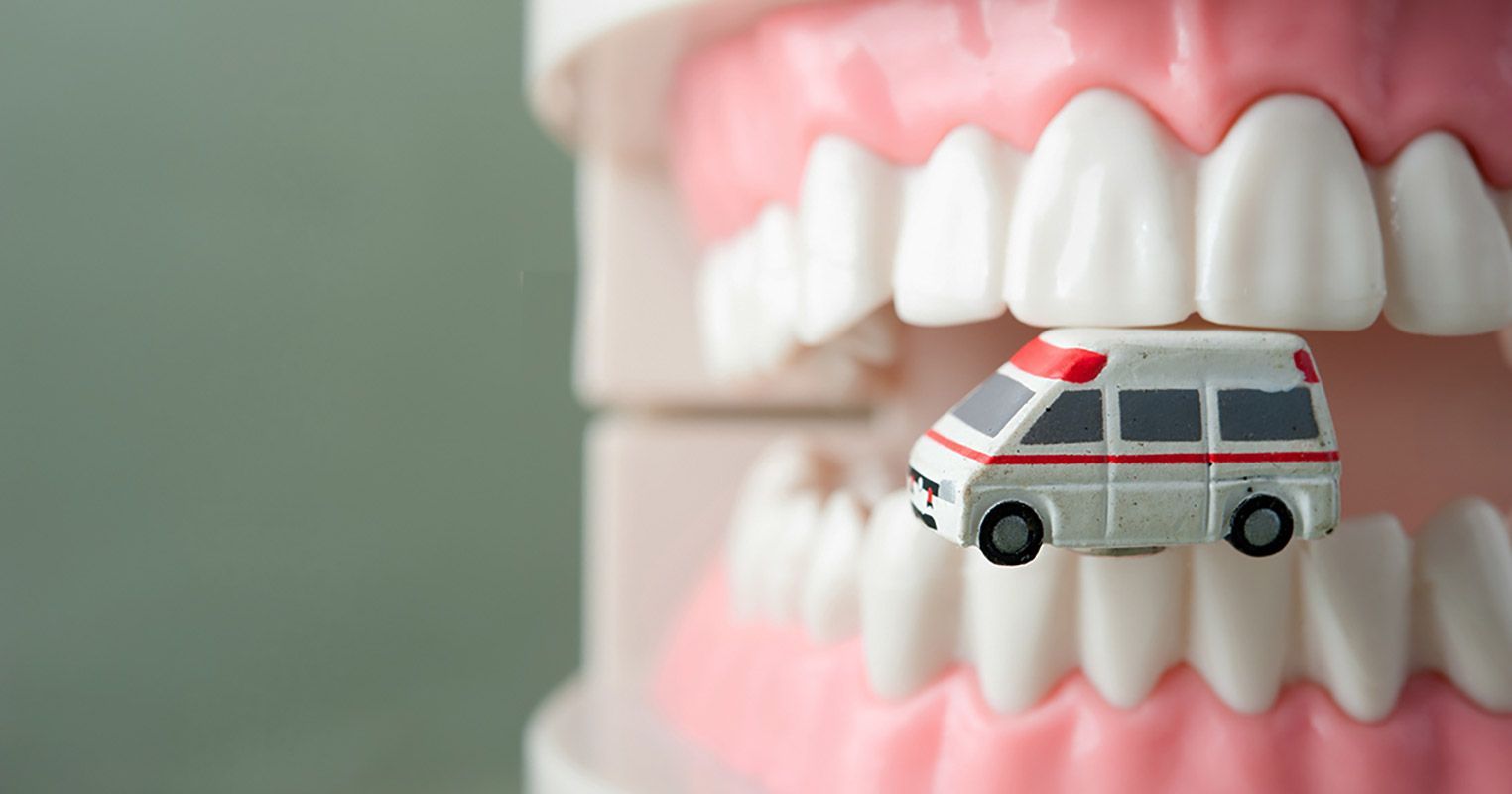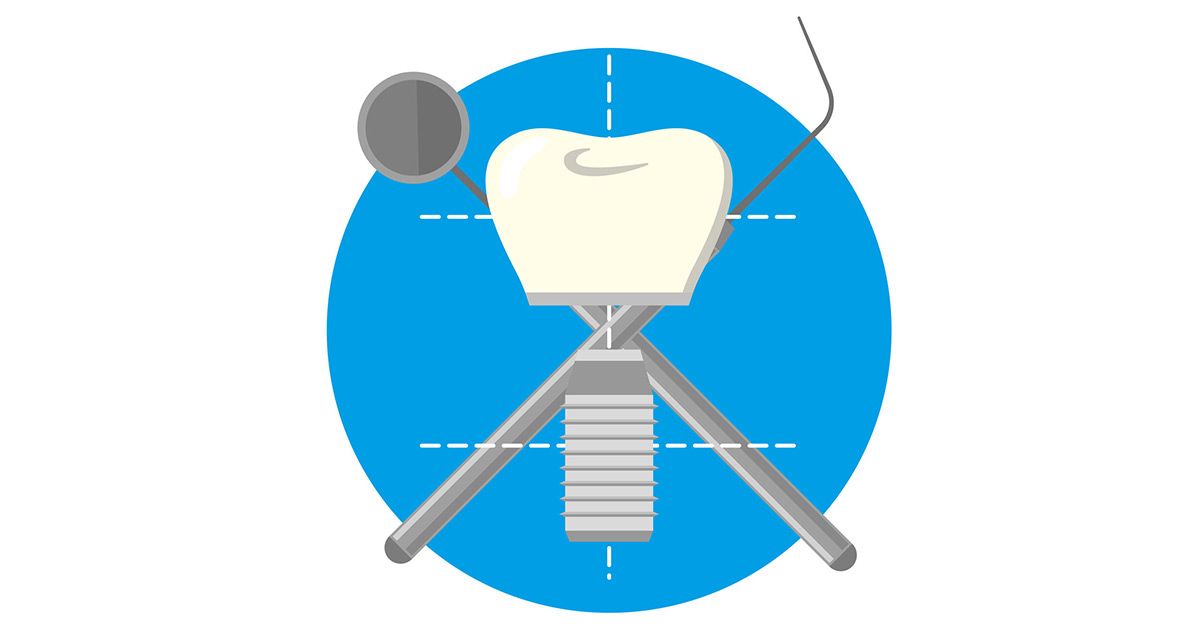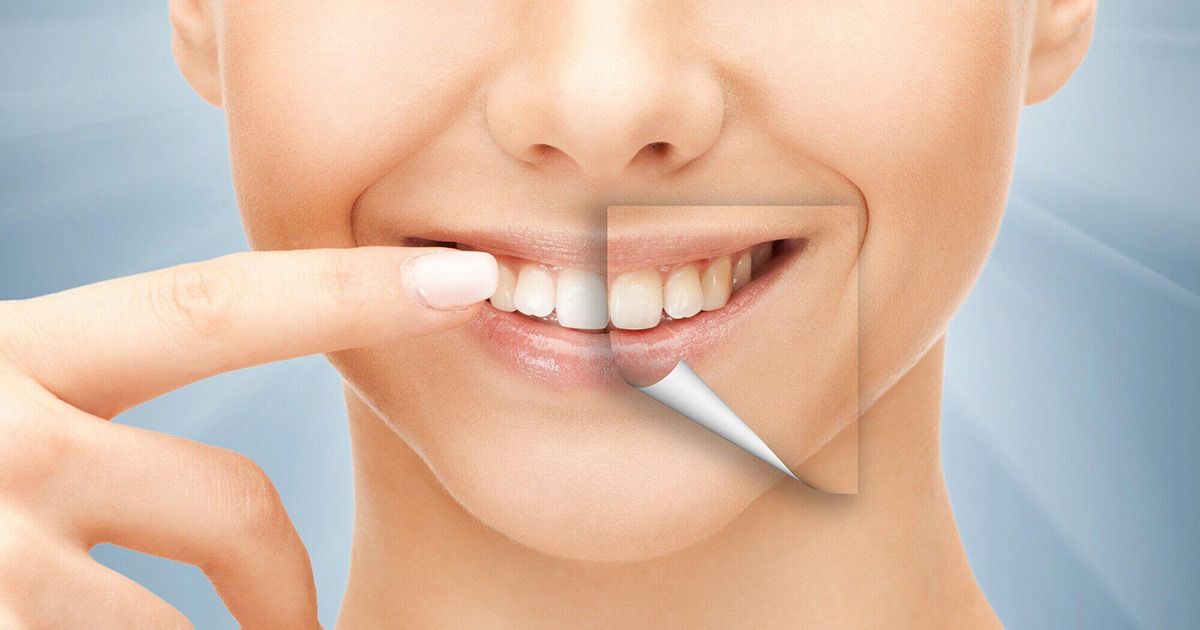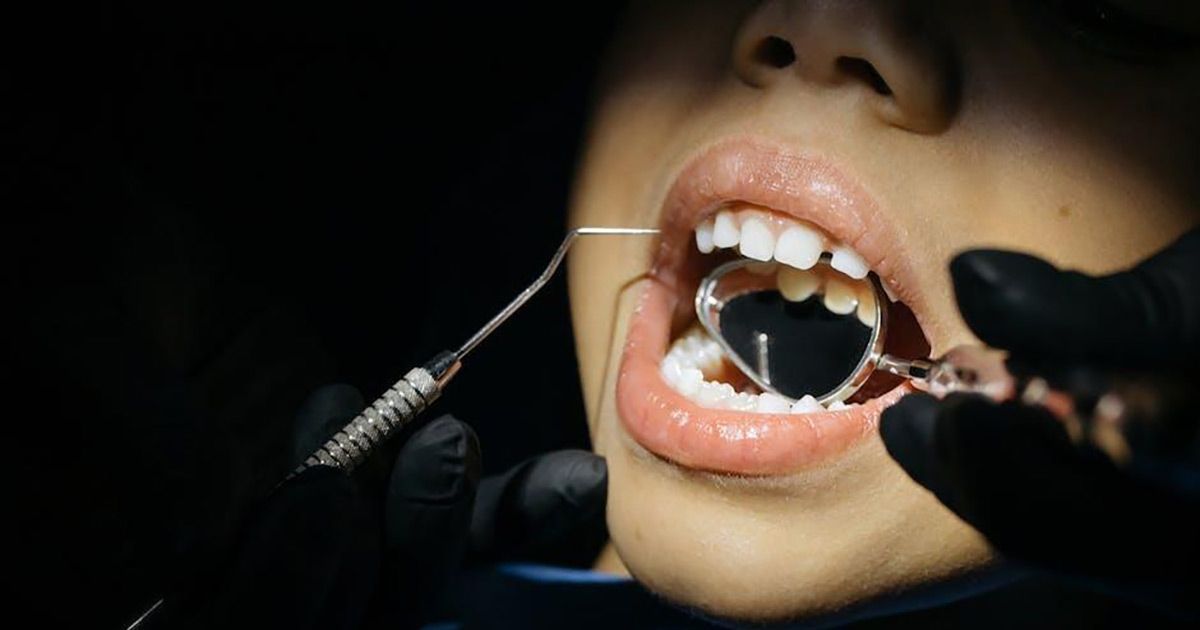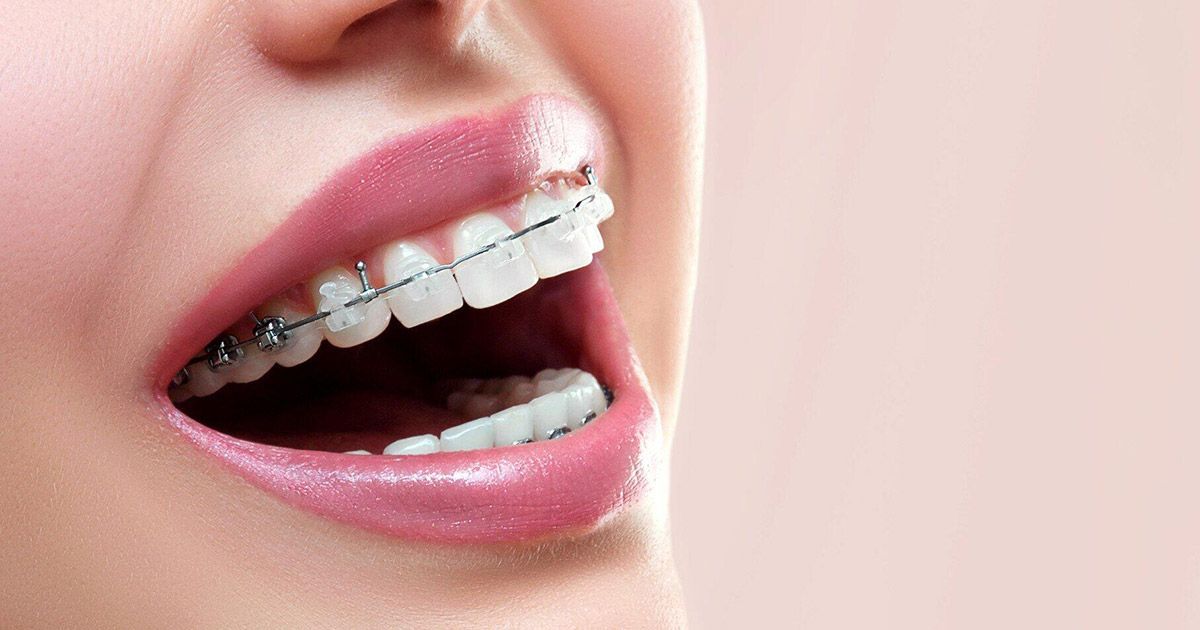The Importance of Periodontal Maintenance for Overall Health
What is periodontal maintenance, and what treatments does it involve? Discover key facts about periodontal care and the vital role it plays in your well-being.
42% of adults over 40 have periodontitis. 8% have the most severe form of this common oral disease.
Periodontitis is what happens when you let gum disease or gingivitis progress. The infection can even reach the bones that support the teeth. Common symptoms include:
- Swelling
- Bleeding
- Tenderness
- Red or pink gums
- Bad breath
- Difficulty chewing
- Pus
- Loose teeth
- Spaces between the teeth
- Receding gums
But don not worry, there is a way to treat this often-seen but severe disease. Keep reading to discover the answer to the question, "What is periodontal maintenance?"
What Is Periodontal Maintenance?
Periodontal maintenance is a specialized procedure done to maintain gum health. It is typically done in patients who have been diagnosed with periodontal disease.
The procedure typically involves a thorough cleaning above and below the gum line. It removes any:
- Plaque
- Tartar
- Bacteria
Periodontal maintenance also involves monitoring. A dentist will monitor the patient's gum health and the depth of any pockets. It is recommended that periodontal disease patients schedule an appointment every three to four months.
Periodontal Appointments vs. Regular Appointments
What is periodontal maintenance? This is an important question, but so is what a periodontal maintenance appointment is like. They are different from the typical monthly cleanings you may be used to. Knowing the differences helps you feel more confident because you will know what to expect.
Normal Appointments
Regular dental cleaning is known as prophylaxis. It is performed on patients with no sign of gum disease.
You only need to get one twice a year. It removes plaque and tartar, but some can remain below the gum line.
Periodontal Appointments
Periodontal appointments are for patients with signs of gum disease. They are a more involved procedure that uses specialized tools to control periodontitis.
They include deep cleanings known as supragingival and subgingival cleanings, which are also collectively known as scaling. These procedures remove plaque above and below the gum line.
The appointments often also involve root planting. The procedure smooths out tooth roots to eliminate remaining bacteria.
The dentist may also place antibiotics in your infected gum pockets. These kill any bacteria that manage to stay around and encourage healing.
Periodontal maintenance also happens more often. To ensure the infection does not return, you should expect an appointment every three to four months indefinitely.
Benefits of Periodontal Care
Periodontal care has wide-ranging benefits. It improves health, keeping your mouth healthy and your teeth where they should be. It also has far-reaching benefits, such as improving the look of your smile and preventing costly issues later.
Slowing Disease Prevention
Delaying treatment only allows more plaque and bacteria to build up. These can reinfect a gum pocket in months and quickly get worse.
Getting periodontal care breaks the cycle. The earlier you get it, the less time the disease will have to develop.
Preventing Tooth Loss
Gum disease is a leading cause of tooth loss in adults. It can damage teeth until they fall out or have to be removed.
Periodontal care can help you keep your smile intact. You will keep your natural teeth longer.
Fresher Breath
You had better hope you do not have periodontitis around the same time as a significant date. Bacteria are a leading cause of halitosis or bad breath and are also one of the first signs of the condition.
Periodontal care removes the bacteria and, therefore, the stink. You can confidently go out on that date now.
Improved Facial Aesthetics
After a periodontal appointment, your smile will look brighter. You will smile, knowing that your mouth looks as healthy as it feels.
Any stains you have will be removed. Your gums will return to a natural color and stop swelling or bleeding.
Cost-Effectiveness
Gum disease can often be the start of other oral health conditions. It could be the reason you need a costly tooth extraction.
This makes periodontal care a cost-effective preventative measure. When your gums are healthy, the rest of your mouth is.
The Importance of Healthy Gums for Overall Health
The importance of healthy gums cannot be overstated. Your gums are critical to the health of your mouth. Gum recession means you are losing natural tissue. All a dentist can do is stop you from losing more. If you lose enough, your natural teeth may start falling out.
An infected pocket in your gums is a significant risk factor for septicemia. If the bacteria enters your bloodstream, it can travel throughout your body and become a major emergency.
Oral health and well-being, in general, are also closely linked. Poor oral health has been connected to issues such as:
- Heart disease
- Diabetes
- Stroke
- Respiratory infections
Gum Disease Prevention Tips
Brush your teeth twice a day and floss twice a day. Use antimicrobial mouthwash.
A proper dental hygiene routine is the best shield you can wield against gum disease. It is essential to keep bacteria and plaque from festering in your gums and causing decay.
Visit your dentist regularly. They can check the development of your condition. Regular appointments help spot the signs that it is getting worse. If it does get worse, they will be able to respond quickly.
Another of the best gum disease prevention tips is to watch what you eat and drink. Avoid anything high in sugar or acid.
These can reduce tooth enamel and encourage the growth of bacteria.
Avoid smoking at all costs. 62% of current smokers have periodontitis. Tobacco is as harmful to your gums as plaque or bacteria. It also increases your risk for other conditions, such as oral cancer.
Where to Get Periodontal Maintenance
What is periodontal maintenance? It is a specialized form of care to prevent and treat periodontitis or severe gum disease.
It is essential because your gums are crucial to your dental and overall health.
At LeJune Family Dentistry, your smile is our top priority. Our team is prepared to meet various needs, from cosmetic concerns to emergencies.
We will provide a personalized plan to maintain your dental health. Schedule an appointment today.
Make an Appointment
Call today to schedule an appointment at (757) 827-9114.
Our Primary Service Area
All Rights Reserved | LeJeune Family Dentistry.
Website designed and maintained by Xpress, INC
757-863-8722

